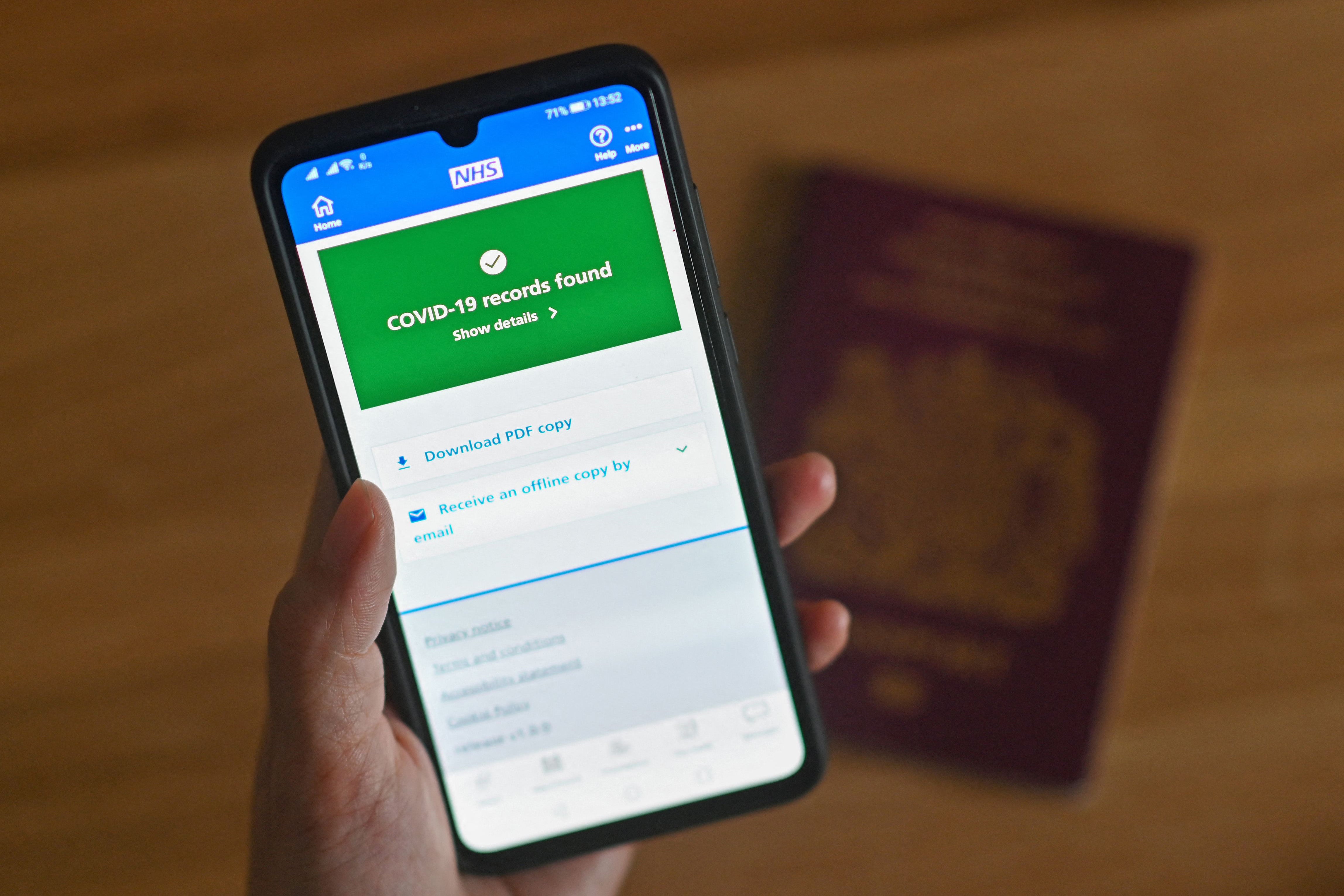More workers exempted from self-isolation in bid to end ‘pingdemic’
Binmen, soldiers and prison warders will be able to take daily tests to avoid quarantine

Your support helps us to tell the story
From reproductive rights to climate change to Big Tech, The Independent is on the ground when the story is developing. Whether it's investigating the financials of Elon Musk's pro-Trump PAC or producing our latest documentary, 'The A Word', which shines a light on the American women fighting for reproductive rights, we know how important it is to parse out the facts from the messaging.
At such a critical moment in US history, we need reporters on the ground. Your donation allows us to keep sending journalists to speak to both sides of the story.
The Independent is trusted by Americans across the entire political spectrum. And unlike many other quality news outlets, we choose not to lock Americans out of our reporting and analysis with paywalls. We believe quality journalism should be available to everyone, paid for by those who can afford it.
Your support makes all the difference.Binmen, prison warders and soldiers have been added to the list of key workers who can avoid self-isolation if they are “pinged” after coming into contact with Covid-positive individuals.
Ministers agreed to extend the list of those eligible to dodge 10-day quarantine by taking daily Covid tests after complaints that the so-called “pingdemic” risks bringing vital services to a halt across the country.
The 800 testing sites announced last week for double-vaccinated workers in the food industry, transport, police, fire and border officials are to be expanded to 2,000, allowing thousands more people to continue working after being identified as contacts by the NHS app or the test and trace service.
While evidence suggests that those named as contacts are five times more likely than other people to be infected with coronavirus, ministers at a meeting of the government’s Covid-19 committee today agreed to allow them to carry on working to avoid disruption to crucial services.
The Department of Health said that research carried out by the University of Oxford between April and June this year found that daily contact testing was just as effective at controlling transmission in schools as the current 10-day self-isolation policy.
Some 500 testing sites at workplaces are expected to be in operation by the end of this week, with others following later, before all double-vaccinated adults are exempted from self-isolation on 16 August.
In addition to critical staff working in prisons, defence and waste collection, people working in energy, pharmaceuticals, telecoms, chemicals, communications, water, space, fish, veterinary medicine and HM Revenue and Customs will also be eligible for daily contact testing.
The health and social care secretary, Sajid Javid, said: “Whether it’s prison guards reporting for duty, waste collectors keeping our streets clean or workers in our energy sector keeping the lights on, critical workers have been there for us at every stage of this global pandemic.
“As we learn to live with the virus, we will keep doing everything in our power to break chains of transmission and stop this virus in its tracks. Daily contact testing will play a vital role in this, helping minimise the potential for disruption caused by rising cases, while keeping staff protected.”
Join our commenting forum
Join thought-provoking conversations, follow other Independent readers and see their replies
Comments